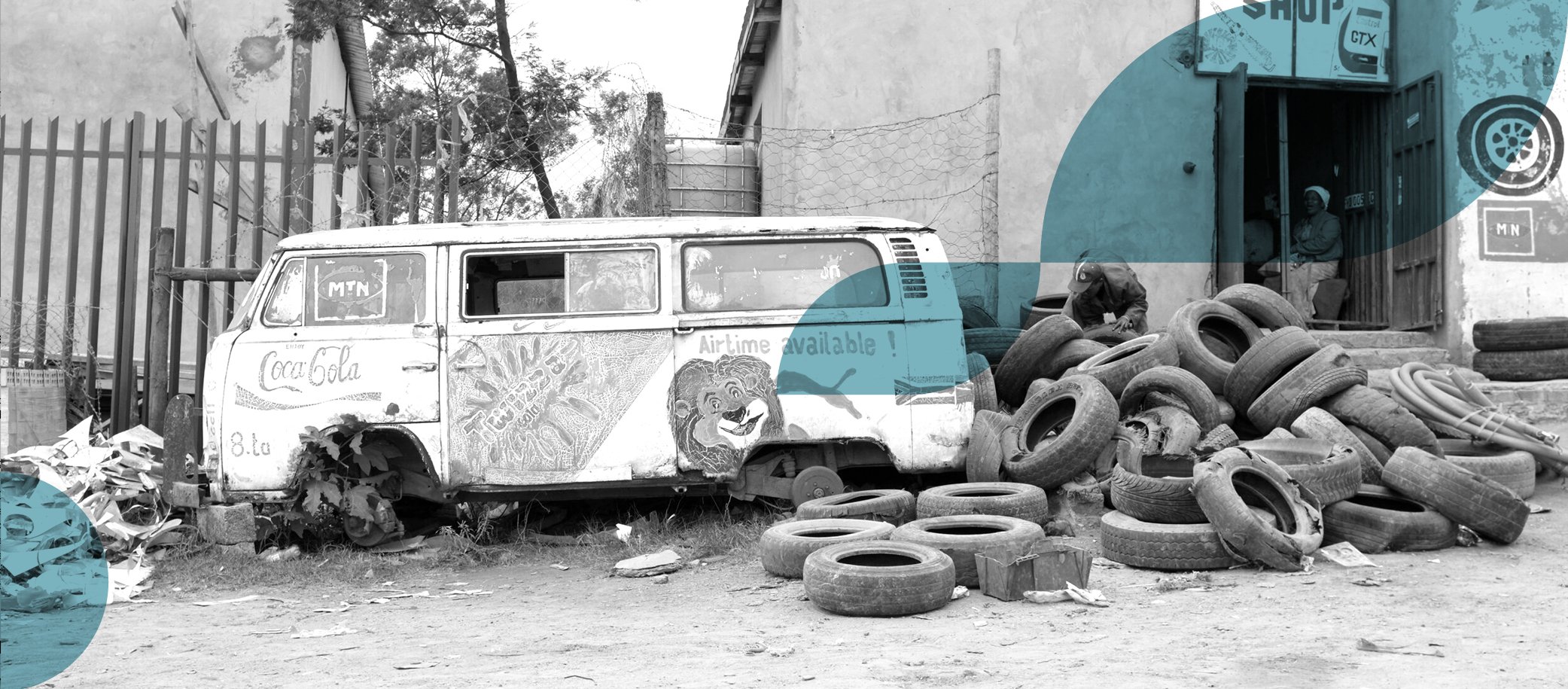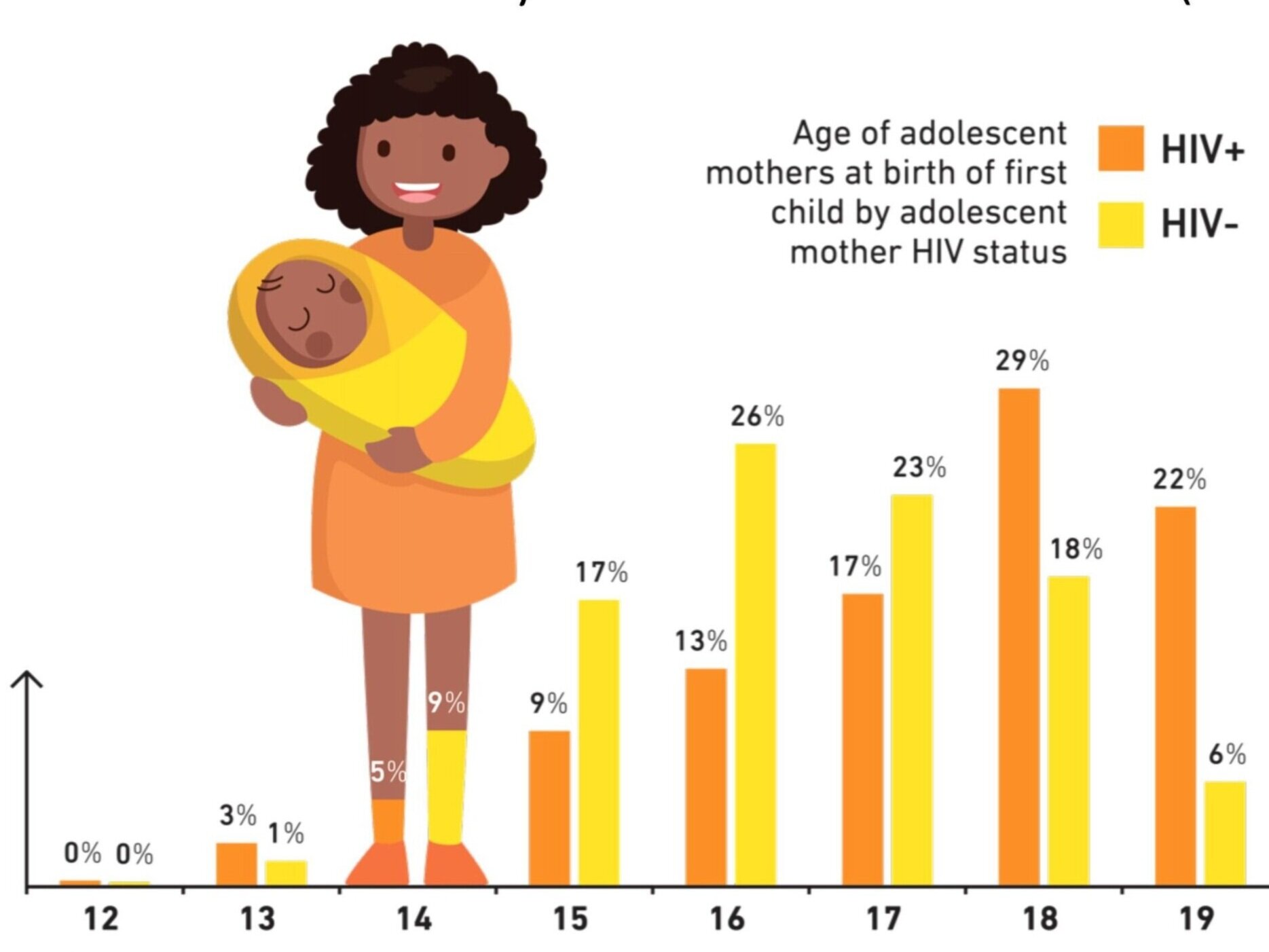
Research

Background
Worldwide, adolescent parenthood is a marker of disadvantage and child developmental delay. These risks are compounded when adolescents are exposed to extreme poverty, combined with high rates of HIV, and low service access. South Africa is home to the largest population of adolescent living with HIV globally. Furthermore, one in three South African adolescent girls has had a child by age 19 (National Department of Health, 2016).
Adolescent parenthood is frequently preceded and accompanied by severe adversity. Predictors include orphan hood, abuse, neglect and forced sex. Socio-economic precedents include school non-enrolment, poverty and low future aspirations. In turn, adolescent parenthood causally predicts disadvantage in the next generation, with increased severity for younger mothers.
Little is known about how healthcare, family, school and economic factors may combine to block or promote use of antenatal, maternal and child health services. Still less is known about healthcare barriers and facilitators for HIV-positive adolescent mothers, and there is a dearth of evidence on adolescent fathers, and the potential merits of paternal involvement in adolescent antenatal care. This marks a major evidence gap, and a compelling programming and policy need. (National Department of Health. South African Demographic and Health Survey 2016. 2016 DOI:10.1378/che)
Aims
The hey baby study aims to assess resilience-promoting pathways for adolescent parent families living in adversity, including young parents living in resource-constrained, HIV-affected communities. It asks two groups of research questions: What puts adolescent parents and their children at risk of disadvantage? What services can help adolescent parents and their children?
Methodology
This study utilises a mixed methodology to capture the complexity of resilience combining adolescent parent and child data. It utilises two research streams which will be conducted concurrently: qualitative and quantitative. Qualitative work will inform the design of the questionnaires and in turn quantitative findings will inform further qualitative exploration of emerging themes. The quantitative arm of the study will utilise longitudinal data from parent-child dyads to conduct quasi-experimental analyses. The qualitative arm of the study will combine various research approaches, including in-depth interviews and focus groups, observations, and participatory research.
This cohort is nested within a larger longitudinal observational cohort study, Mzantsi Wakho - the world’s largest longitudinal cohort of adolescents living with HIV. This study includes 1059 adolescents living with HIV and 485 uninfected adolescents (10-19 years) recruited from 53 government healthcare facilities in the health district. In 2018, adolescent mothers in the Mzantsi Wakho cohort were invited to participate in the HEY BABY study.
An additional recruitment drive was conducted to increase the sample size of the HEY BABY cohort. Seven parallel sampling strategies were implemented to reach adolescent mothers (including those living with HIV) (10-19 years) who were both engaged and not engaged in services.
Alongside qualitative, participatory research activities, this study will combine several quantitative data sources. Quantitative methods include baseline and follow-up interviews with adolescent parents. Measures will include parental adversities such as HIV-infection, poverty, partner violence and mental health, healthcare access and retention, parenting capacity and child development. This will be collected from (1) adolescent parent self-report questionnaires, (2) an assessment to measure child cognitive ability and motor development, (3) data from government-issued Road to Health Cards and (4) data extracted from patient files. Longitudinal data will allow analysis to control for temporality in pathways and inference of casual determinants. These studies have achieved high retention rates of 94-98%.
Please visit the Mzantsi Wakho study website for more information.
Setting
The study is conducted within a health sub-district of the Eastern Cape constituting urban, rural, and peri-urban settlements. The Eastern Cape is a province with the lowest per-capita GDP in South Africa and has interrupted and poor service delivery and high-level of adversity (Statistics South Africa, 2011).
Statistics South Africa, Gross Domestic Product: Annual Estimates 2002-2010, Regional Estimates 2002-2010, Third Quarter 2011 (Pretoria, 2011).
To present the findings to participants and provide information on organisations that could help them, the HEY BABY team created this dissemination booklet.
HEY BABY Information Booklet
Ethical Approval
Ethical approval for the hey baby (R48876/RE003; R48876/RE001; R48876/RE002 and HREC 226/2017) and Mzantsi Wakho (CSSR 2019/01; SSD/CUREC2/12–21 and CSSR 2013/4) projects have been obtained from the Universities of Oxford and Cape Town. South African national and provincial approval has also been provided by Department of Basic Education, Department of Social Development and Department of Health.
Participation in the study is be strictly voluntary. In line with legal and ethical requirements for research in South Africa, full informed consent is obtained from all parents for their children and, where adolescent parents are aged under 18, additionally from their primary caregiver.
Current Status
hey baby study tools were piloted in 2017-18. Since March 2018, 1,046 adolescent mother and child dyads have been recruited into the hey baby cohort. Baseline data collection activities were completed in July 2019. Due to COVID-19, the planned face-to-face follow-up wave of data collection and research objectives and methods were re-designed and adapted. Follow-up began remotely in 2020, and is ongoing. Face-to-face activities will fully resume in 2023 for phase 3 of follow-up.
Questionnaires & Referral Protocol
hey baby baseline Adolescent Health & Well-being Questionnaire
hey baby baseline Adolescent Parent Questionnaire
hey baby follow-up Adolescent Parent Questionnaire
hey baby Guidelines for referrals
Find out more about requesting for data and collaborating with the research team




